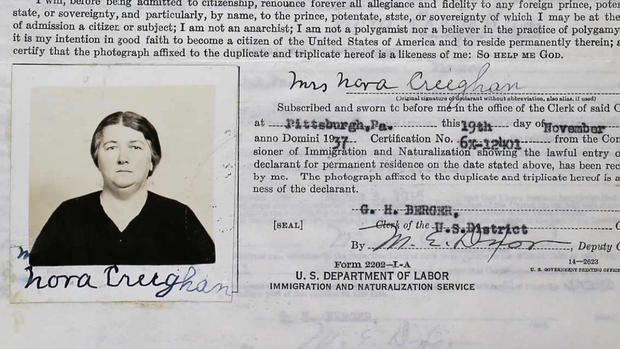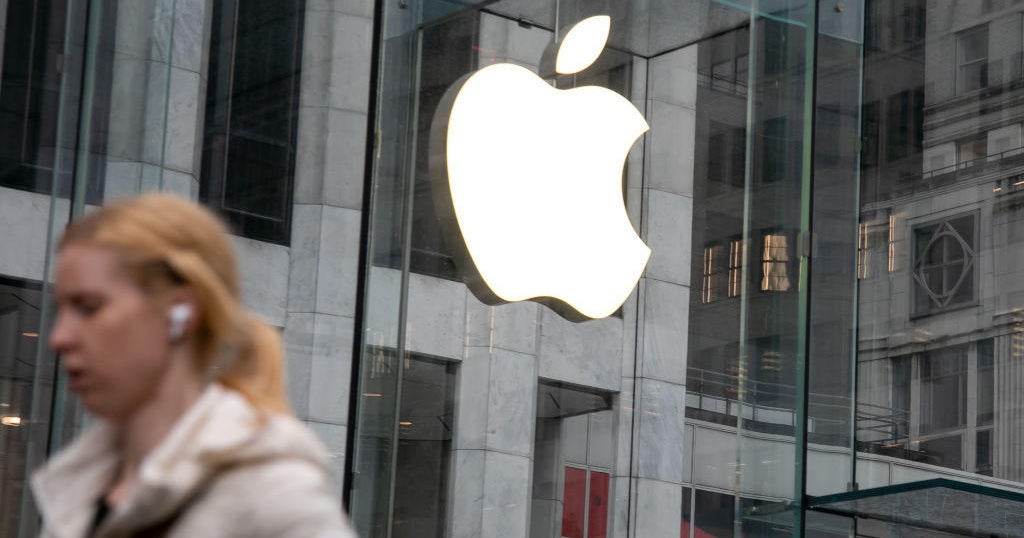CBS News
The history of Irish emigration, and the pride of the Emerald Isle
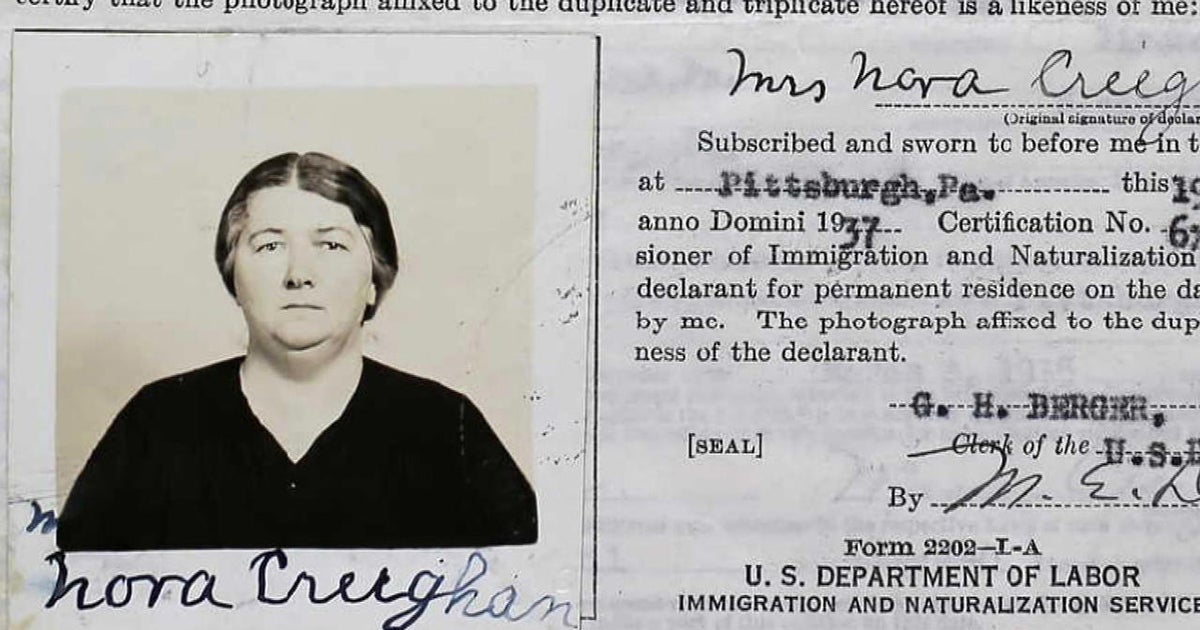
The ruins of Dunamase Castle tower over County Laois in Ireland. It’s been centuries since anyone lived here, but an American tour group has come to imagine what life might have been like when their ancestors called this land home. Visitor Reeda Taylor said, “To know that we’ve had relatives that probably rode horses out here? I mean, that’s exciting. Jump those hedgerows, maybe lived in the castle. Who knows?”
CBS News
More than 30 million Americans claim Irish ancestry. Worldwide, more than 70 million people have Irish roots. And yet, the current population of Ireland is only around five million people.
Most countries don’t have museums dedicated to everyone who left that country. But in Ireland’s capital city of Dublin, the EPIC Museum tells the story of Irish emigration – the waves of citizens who moved abroad. “In many ways, the history of Ireland is a history of emigration,” said Catherine Healy, historian in residence at EPIC. “We were the only country in Europe to have more people at the start of the 19th century than at the end.”
CBS News
Exhibits at the museum highlight the achievements of those with Irish ancestry – athletes and entertainers, inventors and authors, everyone from Cedric Gibbons (designer of the Oscar statuette) to James Hoban (designer of the White House, the architecture of which was partially inspired by the Georgian architecture that Hoban would have seen in Ireland).
Twenty-three occupants of the White House, from President James Buchanan to President Joe Biden, can claim Irish ancestry. John F. Kennedy was our country’s first Irish-Catholic president. In 2011, President Barack Obama travelled to the Irish village of Moneygall, where his great-great-great-grandfather lived before setting sail for America. “He left during the Great Hunger, as so many Irish did, to seek a new life in the New World,” said Obama.
CBS News
The peak of Irish emigration occurred during the famine of the mid-1800s. Over a ten-year period, the failure of the potato crop prompted an estimated quarter of the Irish population to set sail for America. Healey said, “It was a journey of desperation, and for having no ability to have a livelihood in Ireland.”
While the museum tells that story, it also tells the story of cherished Irish cultural exports, from the Irish pub to Irish music.
For an additional fee, it’s possible to book a session with a professional genealogist at the affiliated Irish Family History Centre. Knighton came to learn about his family; his great-grandparents came from Ireland in the early 1900s.
CBS News
Genealogist Kayleigh Bealin uncovered lots of fun stories, from a record of dog licenses (“Your ancestors had so many pet dogs!”), to the origin of Creighan, Conor’s great-grandparents’ last name. “The Irish for the name is Ó Chríocháin, which means descendant of Chriochain, which is like a short person,” said Bealin.
“So, I’m related to leprechauns!” exclaimed Knighton.
It turns out there was at least one troublemaker in the family. In 1881 a relative was brought to the petty sessions court for the “crime” of herding two head of cattle onto a public road. Fine: sixpence.
EPIC stands for Every Person Is Connected. You can find Irish links around the world – the museum recently hosted an exhibition on Irish migration to the Caribbean. While St. Patrick’s Day parades around the world are full of people proud of their Irish heritage, Catherine Healy says it’s taken time for the Irish to view emigration as something to celebrate. “For a long time our diaspora has been overlooked,” she said. “There’s been a lot of shame associated with emigration. And that tragedy is still there … we’re not just talking about famine emigration here. We’re also talking about single mothers who had to leave this country, because of the shame associated with having a child outside of marriage.”
EPIC was created to highlight the positive impact of Irish emigration. Its walls feature a quote from Ireland’s former president Mary Robinson: “After all, emigration isn’t just a chronicle of sorrow and regret. It’s also a powerful story of contribution and adaptation.”
Centuries of giant contributions, all coming from a small island.
For more info:
Story produced by Mikaela Bufano. Editor: George Pozderec.
See also:
CBS News
Sen. Van Hollen says Biden is “not fully complying with American law” on Israeli arms shipments

Watch CBS News
Be the first to know
Get browser notifications for breaking news, live events, and exclusive reporting.
CBS News
Rep.-elect Sarah McBride says “I didn’t run” for Congrees “to talk about what bathroom I use”
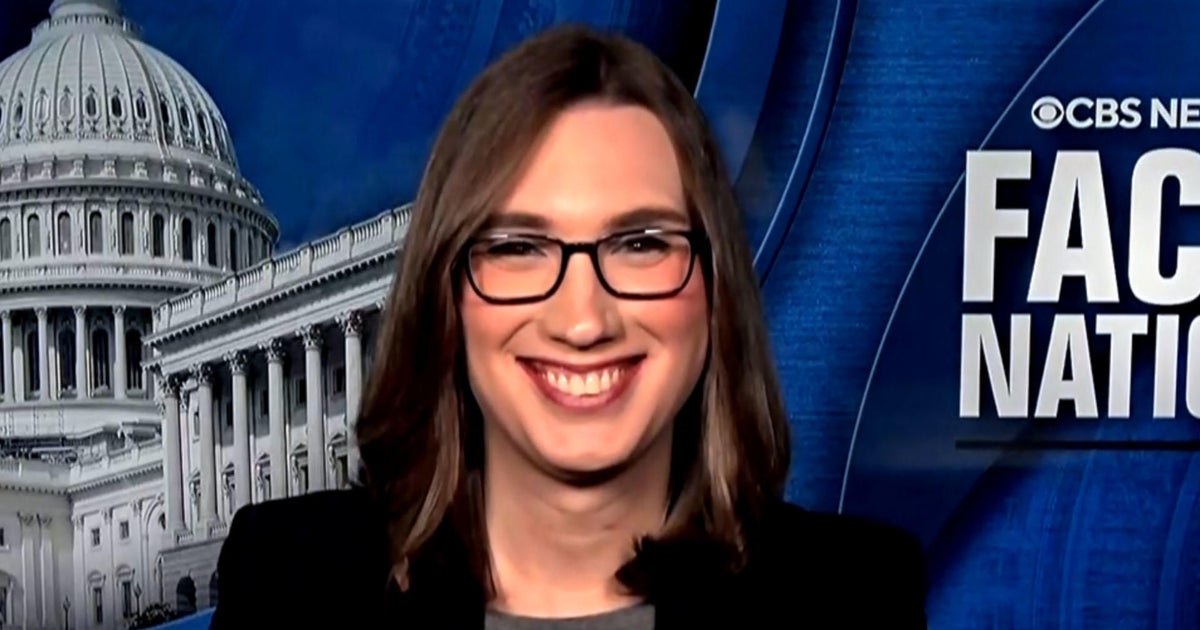
Watch CBS News
Be the first to know
Get browser notifications for breaking news, live events, and exclusive reporting.
CBS News
11/24: Face the Nation – CBS News
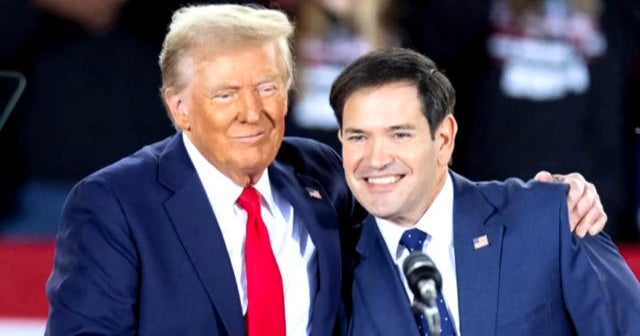
Watch CBS News
Be the first to know
Get browser notifications for breaking news, live events, and exclusive reporting.





